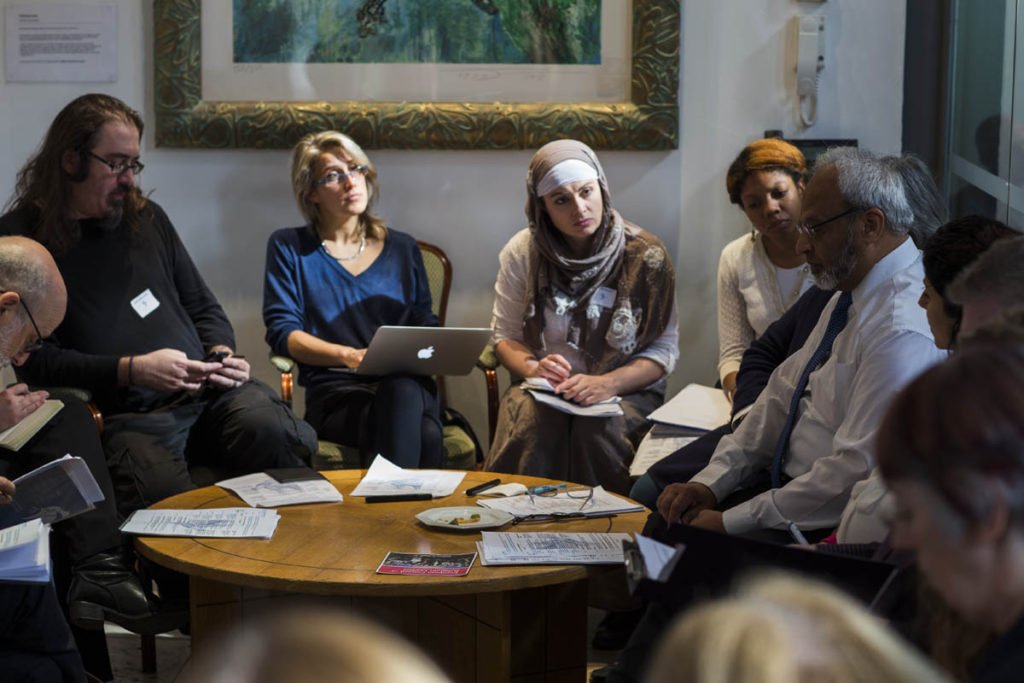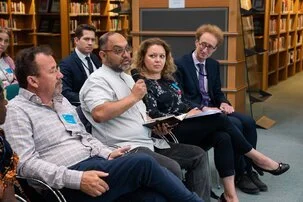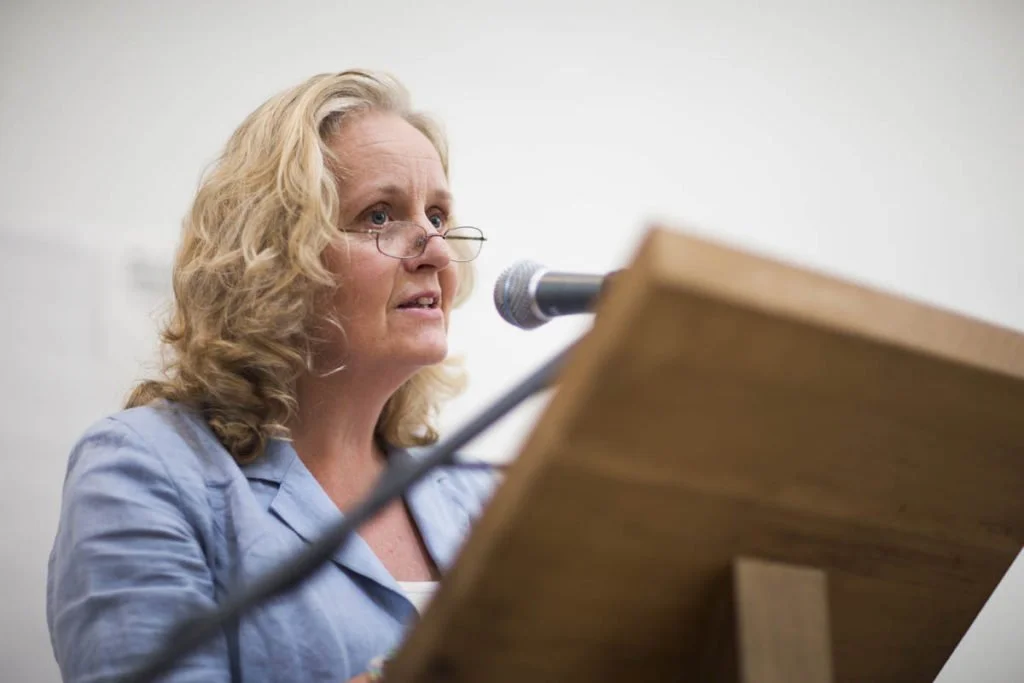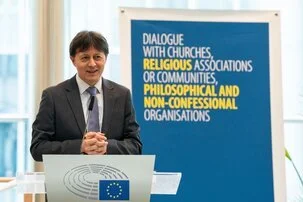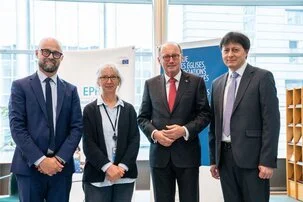Our Vision…
A Europe free from discrimination where we all take responsibility together to value the diversity of religions, beliefs and convictions.
Mission…
To support the continuation and development of similar action-oriented networks and faith-based civil society organisations in member-states and the United Kingdom.
We aim to…
Work with others to combat discrimination and promote mutual understanding in the field of Religion and Belief
Facilitate dialogue between Religion and Belief traditions of all backgrounds
Values
The shared European values that bind groups and communities in a strong and sustainable Europe serve as a foundation for all of our work.
Social cohesion and inclusion
Freedom of belief and assembly
Respect for the rule of law
Democracy
Human Rights
Equal treatment for all
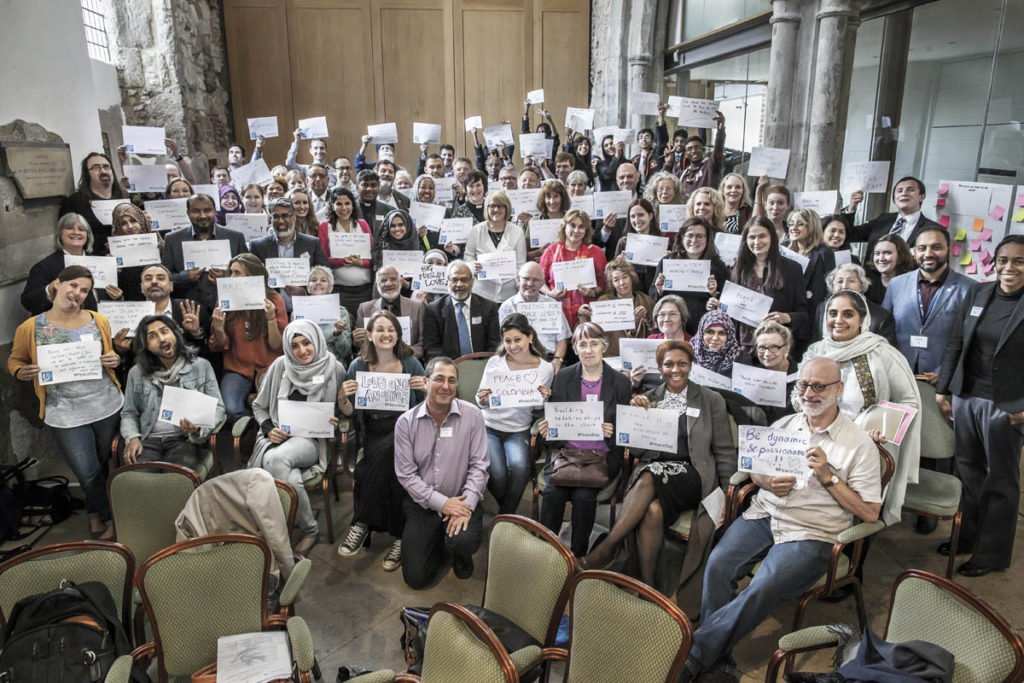
Legal Tools & Policies
The increasing importance of matters of Religion and Belief in public life across Europe has been recognised in the treaties governing the European Union.
The Articles of the Treaty of Lisbon 2008, and the Charter of Fundamental Rights, have led to greater awareness across Europe of the need to implement the related directives on discrimination on grounds of Religion and Belief, and promote harmony and mutual understanding between members of different religion and belief traditions.
-
“Everyone has the right to freedom of thought, conscience and religion. This right includes freedom to change religion or belief and freedom, either alone or in community with others and in public or in private, to manifest religion or belief, in worship, teaching, practice and observance. The right to conscientious objection is recognised, in accordance with the national laws governing the exercise of this right.”
-
“In defining and implementing its policies and activities, the Union shall aim to combat discrimination based on sex, racial or ethnic origin, religion or belief, disability, age or sexual orientation.”
-
“Respects and does not prejudice the status under national law of churches and religious associations or communities in the Member States; equally respects the status under national law of philosophical and non-confessional organisations; recognising their identity and their specific contribution, the Union shall maintain an open, transparent and regular dialogue with these churches and organisations.”
